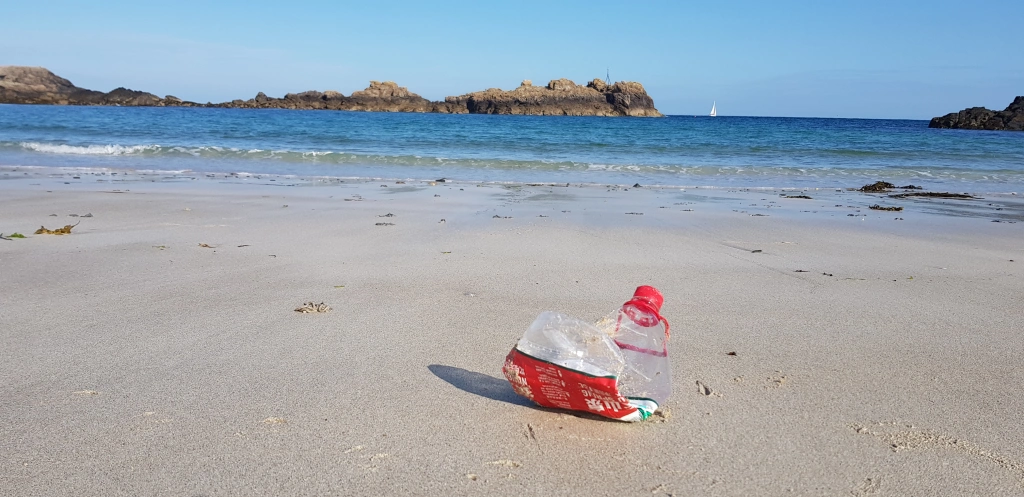Opinion piece by Anand Gandharva.
Maximising short-term gain may undermine bio-health, a long-term necessity for all. People evolved subduing nature. It made many, often in teams, shine in short-term strategy.
Earth is now so populated, that in addition to controlling environments we need to secure key habitats long-term: nature, wilderness, food producing land, community assets, living & workplaces.
Population pressure is changing survival rules, but also gives huge personal growth opportunities for quick learners.
While perfectly normal to strive for comfort and reserves, materialism is counterproductive to common survival and harms our surroundings.
What is ‘excess’ is a lifestyle choice – excessive to one is too little for another.
There are of course disputes about what is ‘excess’ in the governance of many groups, governments, enterprises, industries, councils, services, educational and media organisations.
Problems that affect community futures. The viability of the whole edifice.
We choose leaders depending on skills and their promises. Like chess players who only know basic moves, some push the short-term gain buttons too much, oblivious of endangering long-term life.
Direct results are all around: disappearing wildlife and flora, struggling nature, wars, polluted air, plastic in oceans, exacerbated Climate Change, piles of rubbish, pollution. And so on.
A sustainable world charges all costs and legislates standards.
The limits of natural regeneration, Earth carrying capacity, is exceeded with eight billion of us. Habits must adjust. The finite nature of land, air and water is facing humanity.
Consumption, diets, and manufacturing now influence unsustainable environmental pressure.
The World Economic Forum (WEF) reports:
“Moving away from fossil fuels will cost 185 million jobs. The green economy will create 200 million new roles by 2050. Business leaders need to see the transition to a green economy as an opportunity.”
Charging footprint costs enables funding a sustainable Earth. It maintains freedom of choice and faiths, but treats scarce resources as taxable values, to be recycled or restored.
Profound, but the long-term cost of resource use should be shouldered by those who use it.
Creating carbon neutral economies are estimated by McKinsey at an extra US $3,5 trillion per year; globally an average of 7% to restore bio-health says the World Economic Forum.
Average! That might be 21% or over for some, nil for others, and varies by country.
For example, industry-wide, animal farming may take an estimated three times more land and water than plant crops. Various farming products and methods use more or less resources.
Exact charges or taxes to be calculated by Environmental Economics Units.
Reinterpreting ‘dominion’ of nature
The true costs of caring for environments sustainably should be charged.
So far, society is not paying enough for it; we harm nature for cheaper prices.
Too often, political and management systems serve a fictional and limitless planet: governance based on dealing with a world of plenty. It isn’t like that anymore.
Population growth changed reality: the land is scarce, and Earth’s resources are limited.
Earlier people wanted ‘dominion over’ nature, over each other and competing tribes, but environments are now finite. We have to re-value ‘dominion’ to mean ‘take care of’.
Political viability: it could take over 2/3 of the votes
A considerable number of the electorate (20 to 30%) prefers ‘all for now, nothing for later’ strategies.
Similar portions of stock market investors vote against anti-pollution changes in companies.
It is unrealistic to expect leaders and governments to go against majorities – they may be dismissed.
We seem to be in the hands of short-term thinking. Heading for trouble.
Society may go over the edge, due to the ‘greed is good’ voter.
But, working together Nations and industries cooperated in the past to avoid damage to the ozone layer caused by old refrigerants and propellants.
Additional to mechanisation, AI or genetics, there are huge financial benefits in united global markets. The Global Village fused for the public good.
Responsibility that comes with population pressure: doing more with less
The long-term needs of environments are clearly not dealt with adequately. Yet if prices are proposed to be raised to reflect real costs, many will vote against it.
Thankfully, the issues are on the radar of authorities dealing with Climate Change.
There may come programs to extend carbon neutrality. Most political persuasions accept that sustainability is not only in net zero industry but in consumer choice and lifestyle.
A path to sustainable futures is in user pays for footprint, for example, to tax scarce resources, adopt a bio-health lifestyle, global unity, use smart fibres, and do more with fewer resources.
Savings can be found in sustainable habits, organics, recycling, and ‘treading lightly’ lifestyles.
How to restore politics? Representatives and public servants should not be able to get funding from outside interests.
They are paid well from the public purse, therefore, they need to have their incomes and expenditures monitored and be dismissed when proven corrupt.
Nature is a finite and essential resource; a treasure people have always used to benefit.
We are reaching the end of the line. Half of the habitable lands are used for farming.
There may be less than 19% of ‘wild’ nature left. Methods and our behaviour must change.
Until there are new laws and taxes to fund restore bio-health, more people could vote for long-term interests and pressure the decision-makers to restore the essential quality of nature.
Greed is absolutely not good.
Biography
Anand Gandharva is the pen name of a planner/columnist with degrees in philosophy and various business sciences, working with governments, communities, and enterprises.
Raised in the EU and educated in the US, he migrated to Australia in 1974.
He hopes the world will integrate into a sustainable Global Village, aim for herbivore habits, inclusive multicultural meritocracy, and a significant expansion of peoples and opportunity in the Space Age.
Image by ED.





